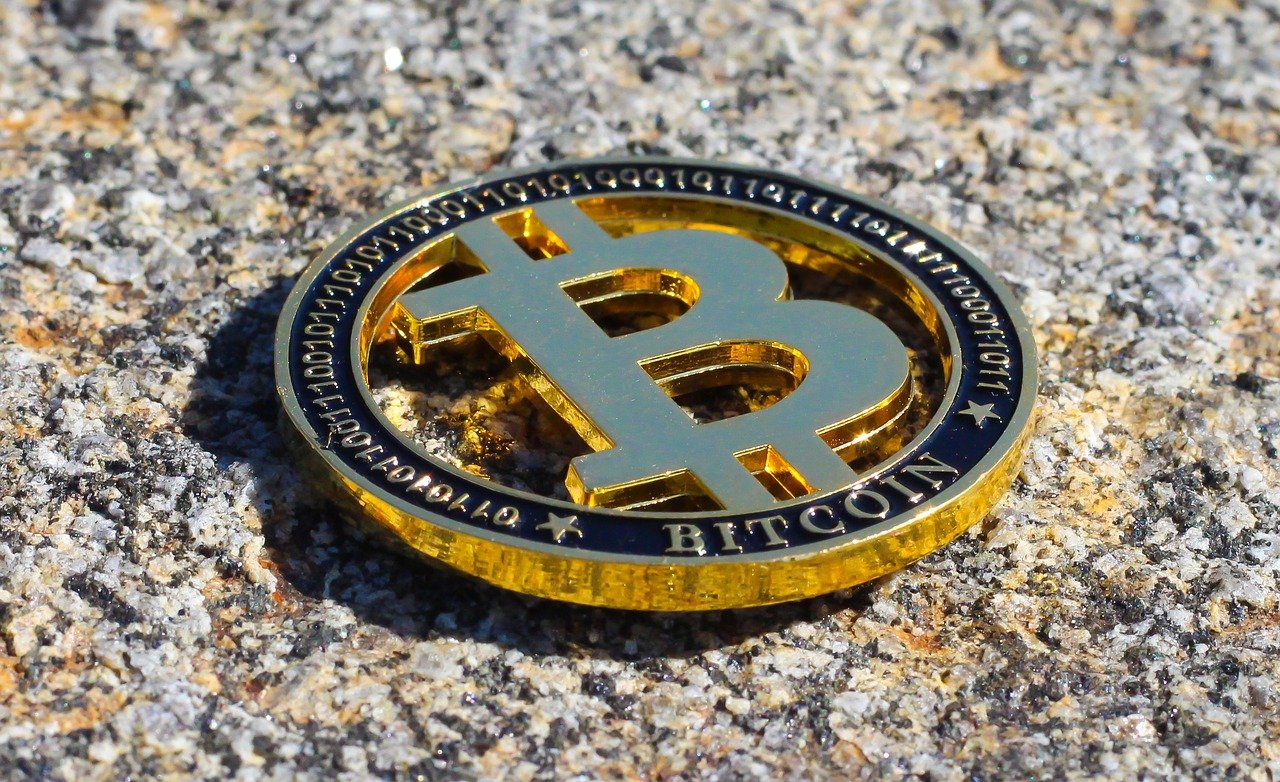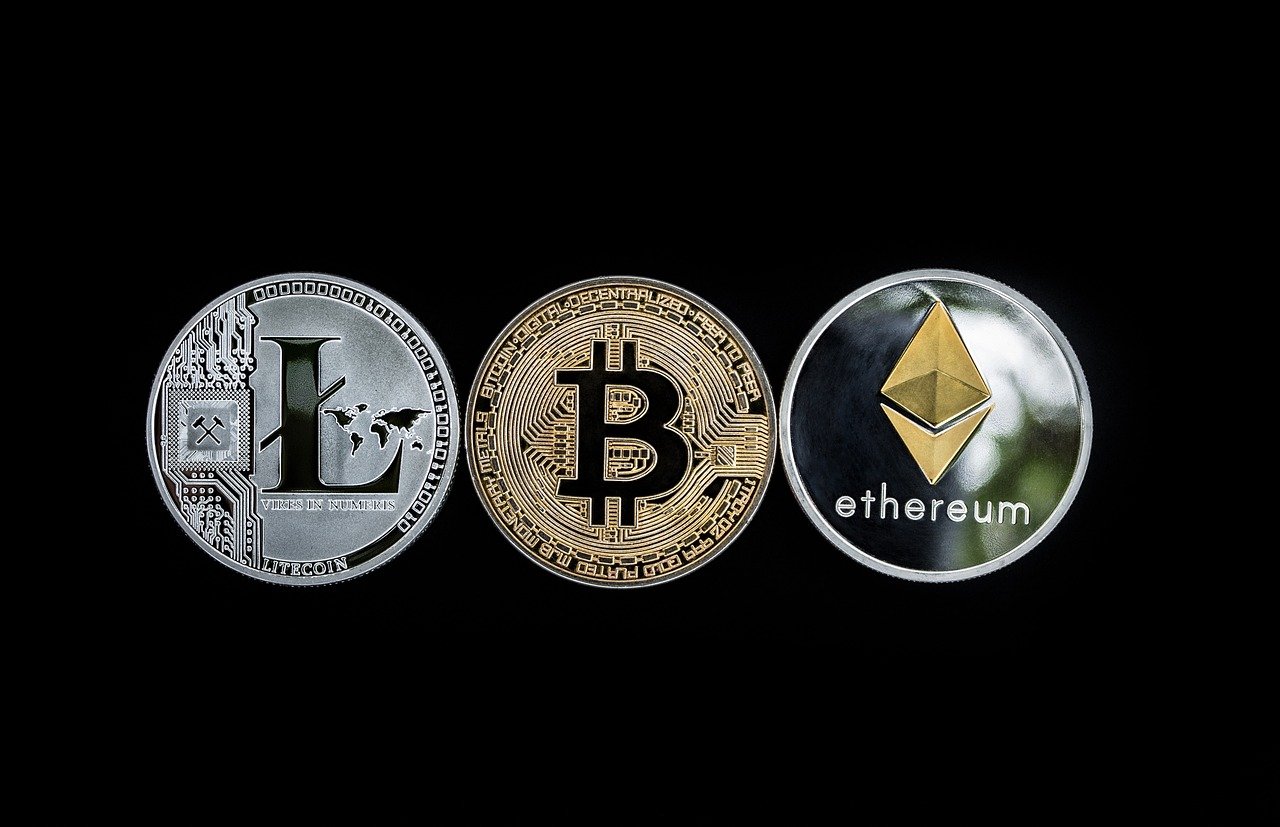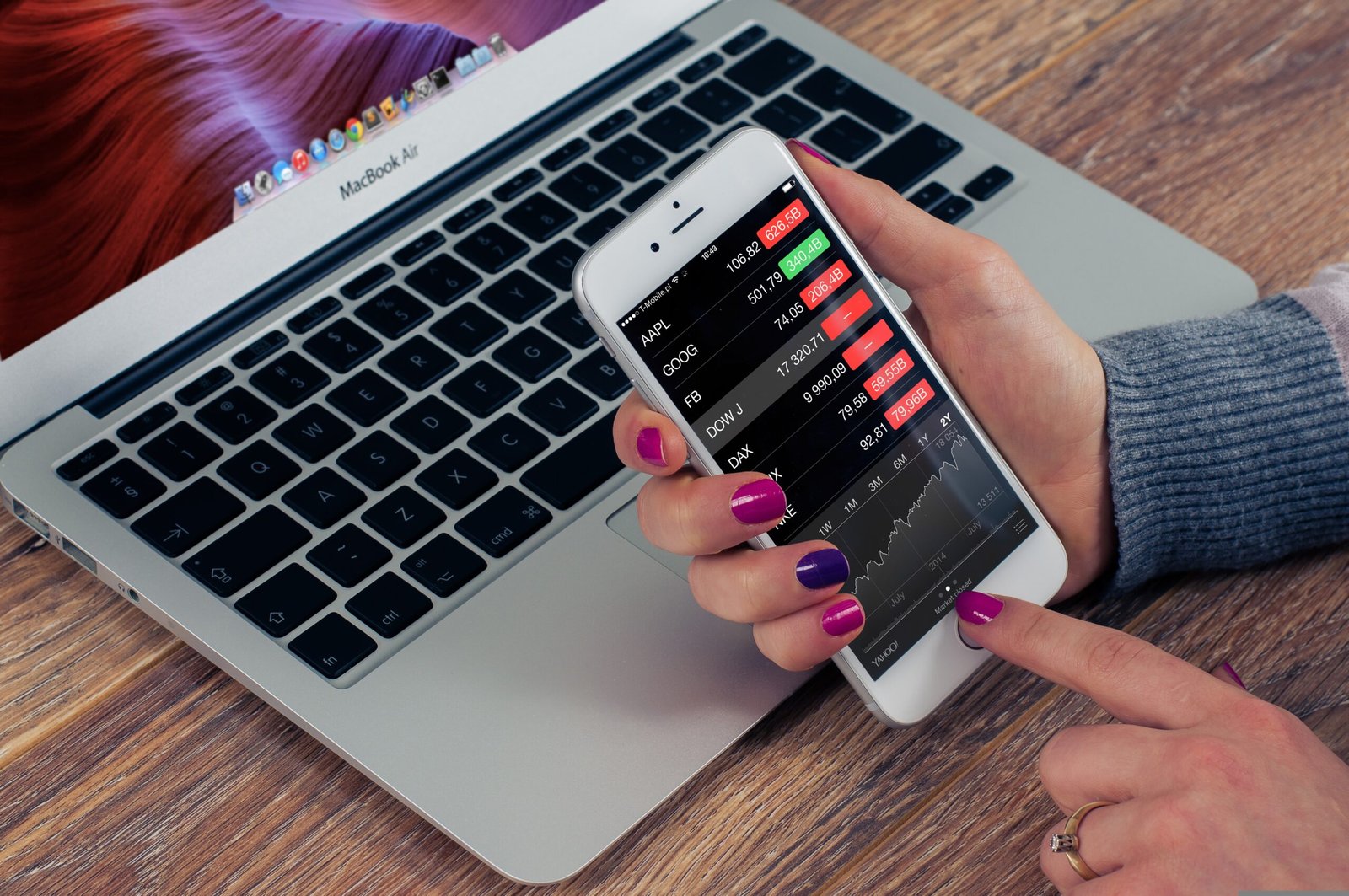Digital Crypto Assets: A Guide to Modern Investment
A Guide to Modern Investment The world of finance is changing fast, and a guide to modern investment: digital crypto assets are leading the way. Blockchain technology is at the heart of this change. It’s changing how we think about value, managing assets, and innovation in finance. This guide will help you understand digital crypto … Read more








